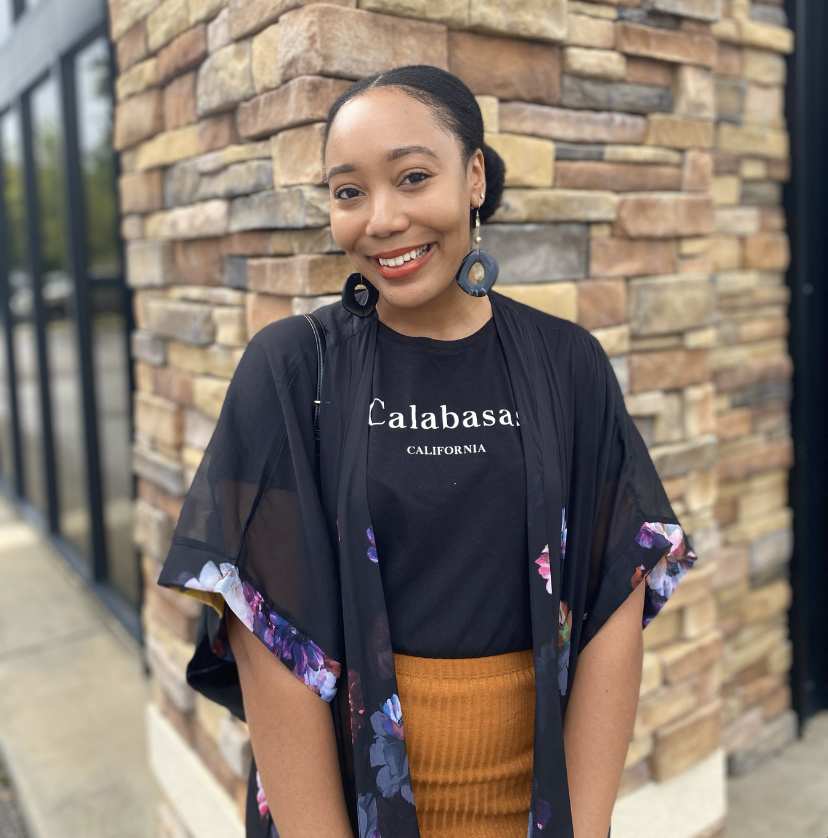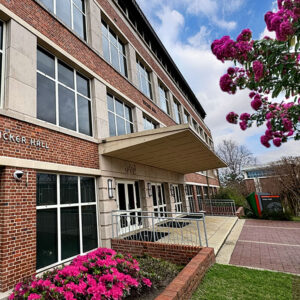Activism | December 21st, 2020
The 11 O’Clock Project
By: Sierra Lyons

Sunday morning church services are a sacred time for millions of people around the nation. In Christian tradition, parishioners sing along to songs of worship and praise, prefacing teachings from pastors and ministers that will hopefully catapult the congregation into the rest of their week. But even after decades of this age-old tradition, the issue largely persists with what preachers see when they look into their congregation: A monochromatic congregation.
Examining the racial divide in American churches, 60 years after Dr. King calls 11 a.m. on Sunday mornings one of the most segregated hours in Christian America.
According to a study from PEW Research Center in 2014, “Eight-in-ten American congregants still attend services at a place where a single racial or ethnic group comprises at least 80% of the congregation…” While diversity and inclusion are values often implemented into business and education, the question remains: Why is the American church still so segregated?
Just shortly before he was assassinated in 1968, Rev. Martin Luther King Jr. shared his aversion for segregated houses of worship. But King is first quoted in an April 1960 interview on NBC’s “Meet the Press” calling the segregation of churches a tragedy.
“I think it is one of the tragedies of our nation, one of the shameful tragedies, that eleven o’clock on Sunday morning is one of the most segregated hours, if not the most segregated hours, in Christian America,” King said.
While there are nuances for historical racial divides in churches, such as Black people being forbidden from attending churches with white parishioners post-slavery and racist misinterpretations of scripture, the hope in 2020 is that there will be some new level of empathy that will allow for more churches to be integrated.
Deidre Montague is a 30-year-old Black Christian who has attended both predominantly Black, white and mixed-race churches throughout her life. She currently attends a Black church in Bloomfield, Connecticut but agrees with King’s sentiments that segregated churches especially in 2020 are appalling.
“I feel that there is a lot of racial reconciliation that needs to happen within churches, and that means white people have to come out of their comfort zones, willing to dialogue, acknowledge racism, slavery, Jim Crow, systemic racism – from the past to present and follow through with workable strategies that welcome, invite and encourage people of color to be willing to enter into predominately white churches,” Montague said.
Pastor Wesley discusses the racial divide that persists in American churches.
Montague believes until the church can come to terms with and work to eradicate the residue of its tattered past, it can’t expect true harmony and peace among integrated congregations. She believes the goal isn’t to just have diverse churches, but diverse churches where all people are represented, celebrated and supported when they face injustice and affliction.
A study done by Barna Group in July could explain why there’s still a barrier between Black and white Christians when it comes to understanding how racism impacts minority followers of Christ, particularly Black individuals.
In a year where an overwhelming amount of racial injustice has transpired in the nation, Barna Group’s study shows that there has been a 7% decrease from the past year of white Christians who believe that our country has a race problem. The data has shown that the perception of race in the nation is still divided by personal beliefs and experiences.
The refusal to acknowledge our nation’s racism makes it difficult for 26-year-old Edward Glover III to feel comfortable talking to white Christians about race and justice from a biblical perspective.
“Essentially, everyone who says they’re a Christian doesn’t uphold what I believe are basic Christian values, such as how you treat your neighbors and having love for everyone,” Glover said. “As my grandma always told me ‘all Christians aren’t Christian-like.’ With knowing that, just because someone labels themselves as a Christian doesn’t make me feel comfortable enough to have an open conversation with them.”
In an article written by Campbell Robertson for the New York Times, Robertson uncovered why Black Christians were leaving White Evangelical churches in mass. Following the campaign and election of President Trump, many Black Christians in the article recall feeling heartbroken over the overwhelming support of Trump by white evangelical Christians who sat beside them every Sunday morning. According to the Campbells, many minority races expressed their dissatisfaction with Trump’s beliefs and rhetoric particularly in regards to race and felt betrayal when 81% of white evangelicals voted him into office in 2016.
The feelings of the 2016 election are still fresh as many Black Christians are once again urging white Christians to not vote for Trump once again in the 2020 election. Montague and Glover have opposing viewpoints when it comes to whether they believe the election of Trump has exacerbated the racial divide in churches.
“Trump seems to be utilizing religion to spread messages that encourage racism, prejudice, and fear, within the predominantly White Evangelical Church community to gain votes and support for himself,” Montague said.
But Glover believes the issue of segregation in the church is a bigger systemic issue.
“I don’t think he’s caused a change in the racial divide in churches,” Glover said. “I think that’s too far deep-rooted for him to have an effect on.”






